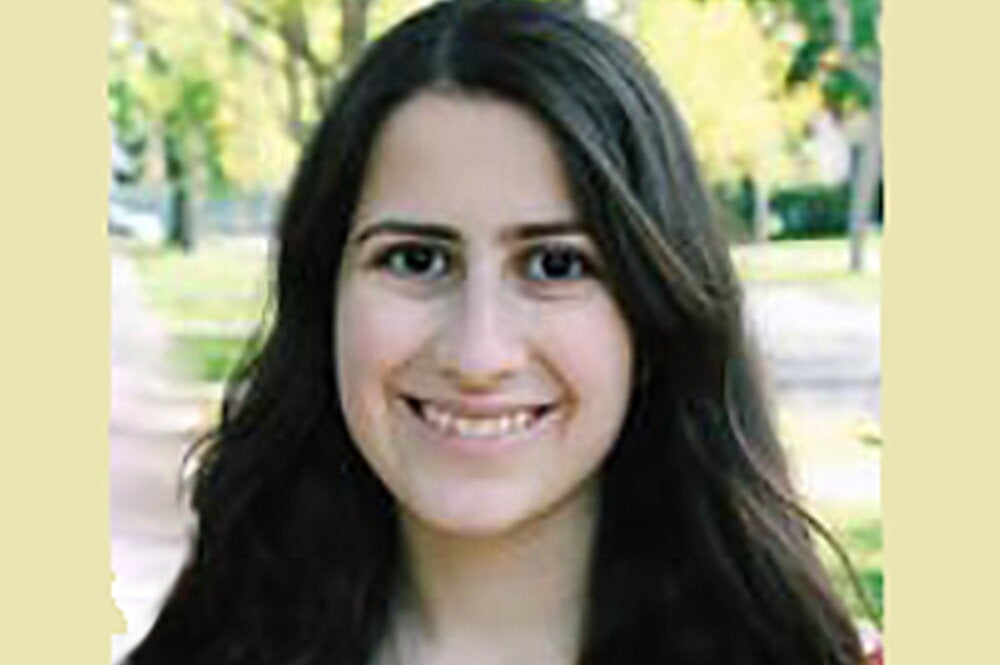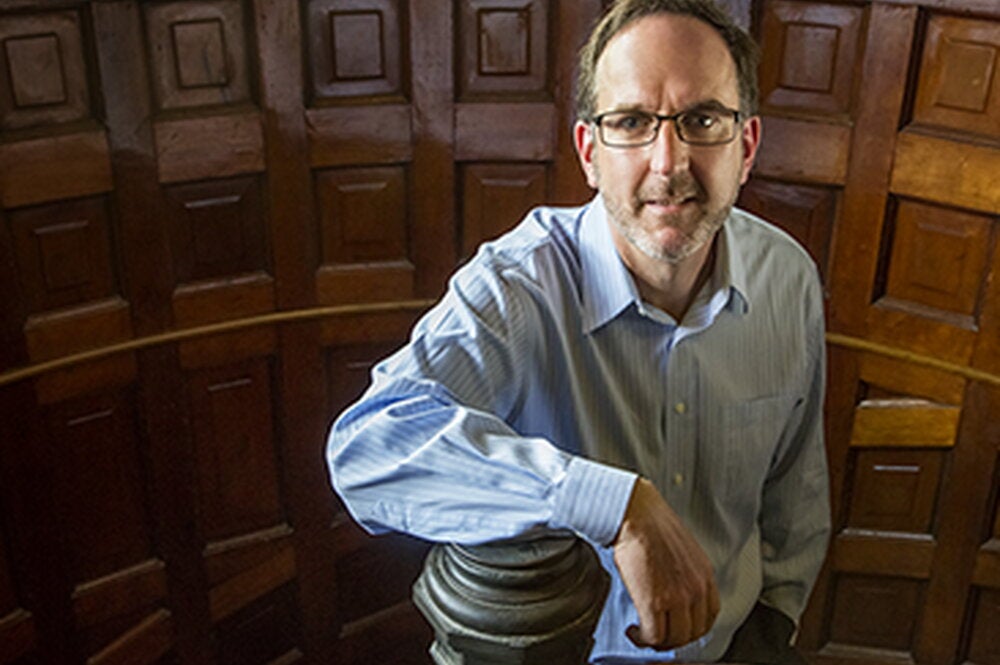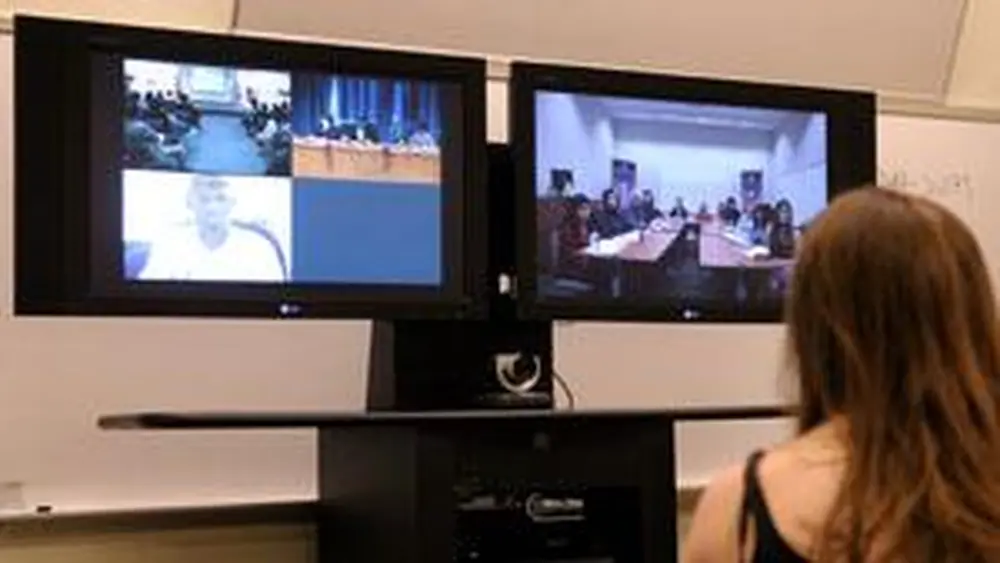
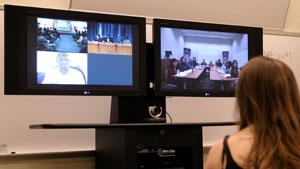
Many of today’s college students hadn’t yet reached elementary school when the Rwandan genocide erupted in April of 1994. Some at the University of Illinois gained an intimate view of its stormy aftermath, however, by participating in a United Nations videoconference that explored the ways that the African nation is still trying to heal.
Students in Global Studies 296: “International Humanitarian Intervention” were among a small group of university students from the United States and Mexico that posed questions to a worldwide panel of UN staff, Rwandan officials, a genocide survivor, and others via a videoconference feed in early April. Participants learned that while there are signs of reconciliation in Rwanda, there remains much fear and many unresolved questions.
The animated debate’s most heated exchange—between a genocide survivor in New York and a criminal tribunal official in Kigali, Rwanda—was sparked unintentionally by a freshman from the U of I who asked about the complications of prosecuting high officials. A tribunal official said that they’ve overcome political opposition to arrest 81 of 92 key indicted organizers of the genocide.
“We have arrested [a higher percentage of perpetrators] than even the Allies during the Nazi Holocaust,” said Roland Amoussouga, chief of external relations and strategic planning for the International Criminal Tribunal for Rwanda (ICTR). Yvette Rugasaguhunga, however, who was 14 when she lost her father, four siblings, and more than 100 other family members in the genocide, confronted Amoussouga over the speed of bringing perpetrators to justice.
“Something that is really bothering to me, and I share this with many survivors that I speak to, is the inefficiency of the ICTR,” she said to Amoussouga. “You really should consider learning many lessons from Rwanda in terms of assuring that you can do more than you have just said.”
“I believe, madam, that your assessment is really quite defective,” Amoussouga replied angrily.
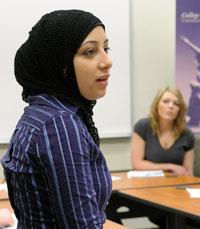
U of I freshman Jeslin Panicker was surprised that her question hit a nerve. “With the genocide in Darfur I was wondering why they weren’t doing anything about the powerful officials in the Sudanese government,” she said.
This is the first class from the U of I that has participated in the videoconference. Lecturer Timothy Wedig says that they were included after the College of Liberal Arts and Sciences’ Center for Global Studies was named a non-governmental organization (NGO) affiliate to the UN in 2009, and Wedig met the videoconference organizer.
The event commemorated Genocide Prevention Month, which corresponds with the anniversary of the 1994 Rwandan genocide that killed some 800,000 Rwandans, mostly minority Tutsis. In some cases, majority Hutus were enticed or forced by militia members to attack their Tutsi neighbors, and in the aftermath of the massacre many survivors found themselves living next to people who had slain their loved ones.
The nation’s justice system was overwhelmed by prosecuting the more than 100,000 people accused of conducting the genocide, and so Rwanda turned to a traditional custom of justice, called Gacaca, in which the accused would face their victims before trusted elders in each of their communities. The process emphasizes reconciliation and often ends with the accused walking free.
Gacaca has produced some hopeful stories of reconciliation, but one Rwandan pointed out at the videoconference that it has also been marred by bribes and fear of retribution among judges and witnesses.
Due to time constraints, only four of Wedig’s 30 students had time to ask questions. Students and Wedig admitted feeling nervous prior to the videoconference, which beamed all participants’ images and their voices to the four locations involved: U of I, UN Headquarters in New York City, the ICTR office in Rwanda, and United Nations Information Centre Mexico.
The roughly 1½-hour videoconference is available for viewing.
Another of Wedig’s classes, “International Diplomacy and Negotiation,” will participate in a three-week online negotiation simulation with other classrooms from around the world to portray India, Brazil, Nigeria, and Ukraine as they craft agreements on pressing international issues.
